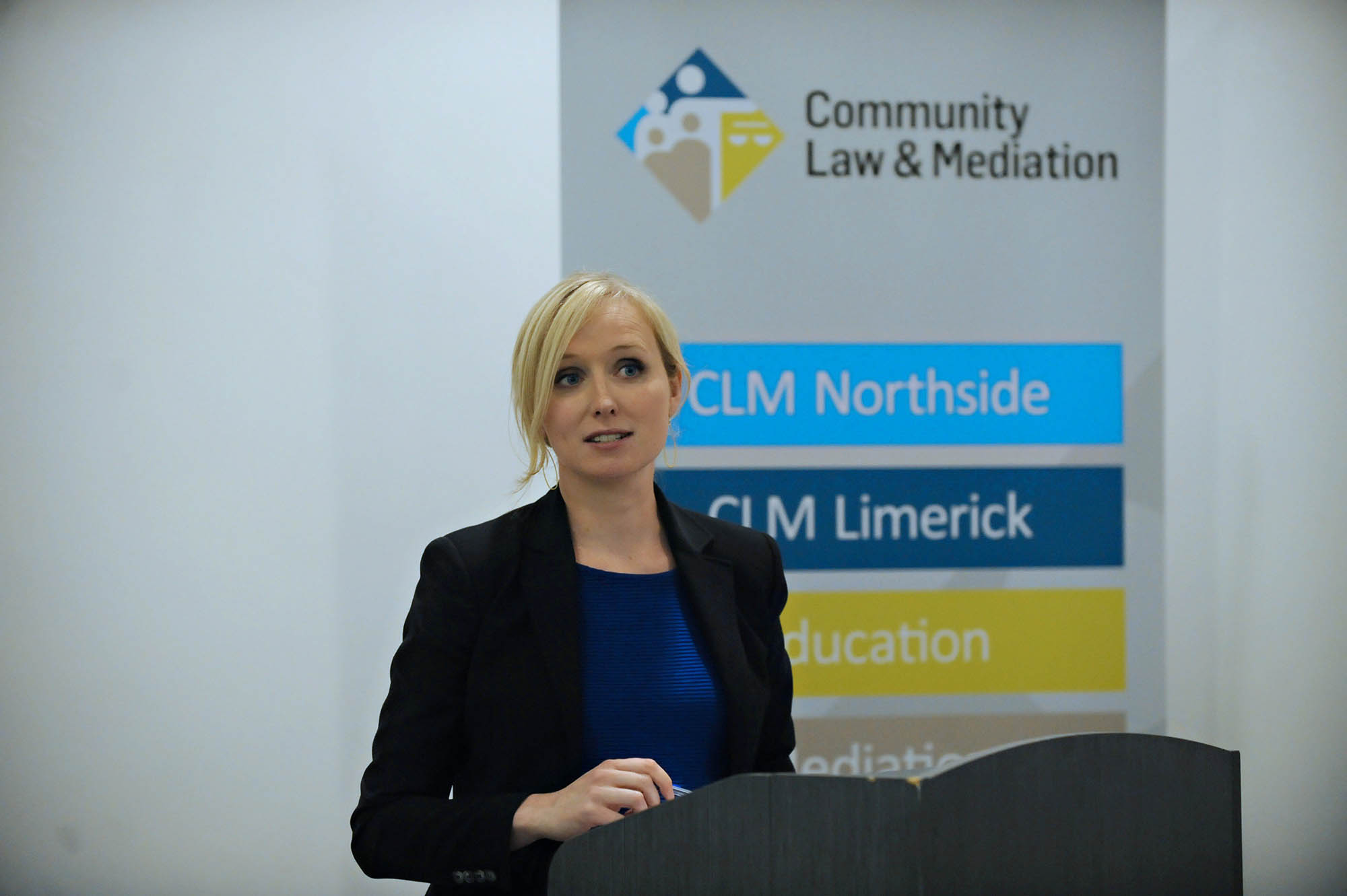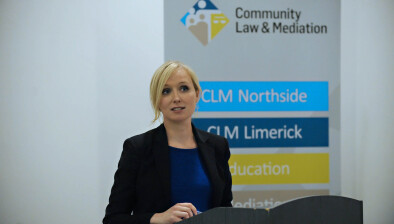Irish government faces landmark legal challenge over climate inaction

Rose Wall
A judicial review claiming that Ireland is set to fall short of its legally-binding climate targets has been launched by Friends of the Irish Environment (FIE) with support from Community Law & Mediation’s Centre for Environmental Justice.
The environmental group claims that the government has failed to show with a sufficient level of specificity that its climate action plan for 2023 will reduce greenhouse gas emissions in line with legal duties under the Climate Action and Low Carbon Development Act 2015 as amended.
Rose Wall, solicitor and chief executive of the Centre for Environmental Justice at Community Law & Mediation, said: “This is the first time that an independent community law centre is representing a client in a challenge on Ireland’s climate policy.
“We are doing this because climate change impacts a wide range of human rights, including the right to life, food, water, sanitation, health, and the right to a clean, healthy, and sustainable environment.
“Environmental justice is about empowerment of communities and ensuring oversight and accountability in climate and environmental action.
“Given Ireland’s poor performance on emissions reductions to date, we have a right to know if and how Climate Action Plan 2023 will deliver the required emissions reductions in line with Ireland’s legally binding carbon budget for 2021-2025.”
Tony Lowes, director of Friends of the Irish Environment, added: “We are already seeing the devastating impact the climate crisis is having on communities across the world, especially those who have least contributed to the burning of fossil fuels.
“Here in Ireland, this year alone, we have experienced both flooding and drought, and growers and supermarkets around the country have had to issue product warnings due to the impact of extreme weather on crops that are considered staples.
“Ireland is not on track to meet its legally binding emissions reductions targets. In fact, despite a small decrease (1.9 per cent) in emissions in 2022, substantial annual emissions reductions of 12.4 per cent will be required from 2023-2025 if we are to stay within the legally binding carbon budget.
“The Climate Action Plan 2023 must have what the Supreme Court called a ‘sufficient level of specificity in the measures identified’ so that the roadmap for effective climate action is clear.”
Climate litigation has become more common around the world, and the Irish case has received international support from litigants and NGOs in other jurisdictions.
Lucie Greyl, climate plaintiff and spokesperson for Italian climate case A Sud et al. v. Italy, said: “We are delighted to see Friends of the Irish Environment and Community Law & Mediation, along with many other organisations around Europe, using legal tools to challenge the insufficient climate actions of the Irish government.
“Climate litigation is a vital tool to further pressure European states to increase their climate ambition as soon as possible.
“Our states hold an historical responsibility in greenhouse gas emissions and have a larger financial and technological capacity compared to most of the countries around the world for which they need to set the example, yet their climate actions fall short. Justice systems can help push for more ambitious and binding climate measures.”
Alan Andrews, climate director of Ecojustice, Canada’s largest environmental law charity, said: “Around the world, litigation has been crucial for holding governments accountable for delivering on their climate promises. Youth, Indigenous Peoples, community and environmental activists are going to court to fight this crucial battle for their future.
“The climate crisis is too important to be left to political whims — commitments to climate action must be anchored in law and enforced by the courts. We will be following this important case closely from across the Atlantic.”








